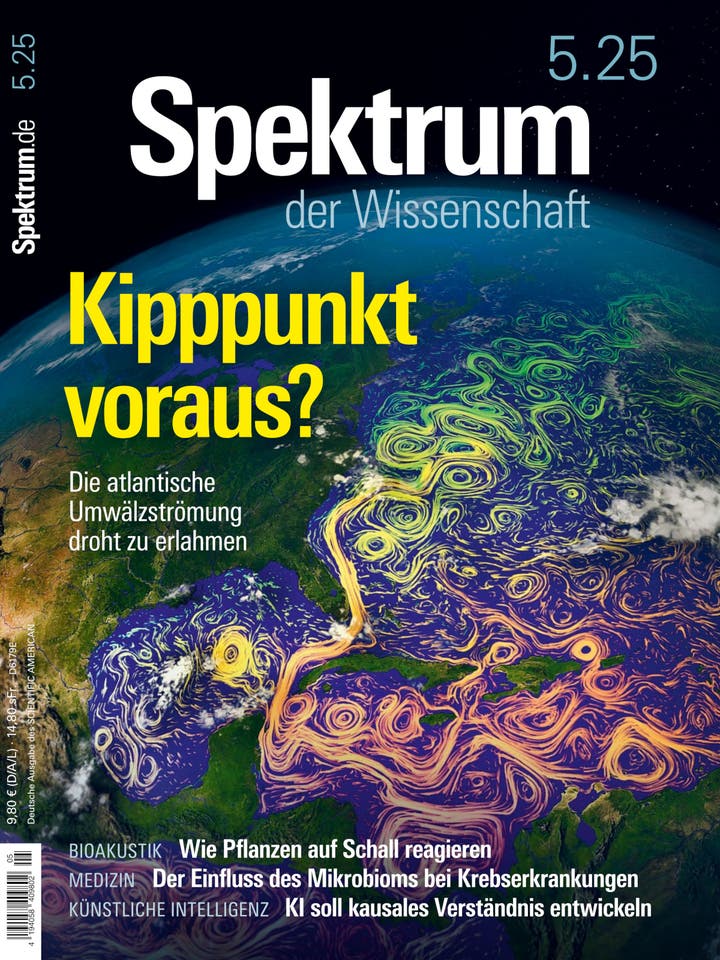Becker, S., Rudolf, C.: Exploring the potential of free cargo-bikesharing for sustainable mobility. GAIA - Ecological Perspectives for Science and Society 27, 2018
Félix, R.et al.: Build it and give ‘em bikes, and they will come: The effects of cycling infrastructure and bike-sharing system in Lisbon. Case Studies on Transport Policy, 8, 2020
Fritsche, I. et al.: A social identity model of pro-environmental action (SIMPEA). Psychological Review 125, 2018
Gifford, R., Comeau, L. A.: Message framing influences perceived climate change competence, engagement, and behavioral intentions. Global Environmental Change, 21, 2011
Hamann, K. R. S., Reese, G.: My influence on the world (of others): Goal efficacy beliefs and efficacy affect predict private, public, and activist pro-environmental behavior. Journal of Social Issues 76, 2020
Johnson-Zawadski, S. et al.: Meta-analytic evidence for a robust and positive association between individuals’ pro-environmental behaviors and their subjective wellbeing. Environmental Research Letters 15, 2020
Jugert, P. et al.: Collective efficacy increases pro-environmental intentions through increasing self-efficacy. Journal of Environmental Psychology 48, 2016
Kasser, T.: Living both well and sustainably: A review of the literature, with some reflections on future research, interventions and policy. Philosophical Transactions. Series A, Mathematical, Physical, and Engineering Sciences 375, 2017
Klöckner, C. A.: A comprehensive model of the psychology of environmental behaviour – a meta-analysis. Global Environmental Change 23, 2013
Klöckner, C. A.: The psychology of pro-environmental communication: Beyond standard information strategies. Palgrave Macmillan UK, 2015
Landmann, H., Rohmann, A.: Being moved by protest: Collective efficacy beliefs and injustice appraisals enhance collective action intentions for forest protection via positive and negative emotions. In: Journal of Environmental Psychology 71, 2020
Locke, E. A.,Latham, G. P.: Building a practically useful theory of goal setting and task motivation: A 35-year odyssey. American Psychologist, 57, 2002
Loy, L. S., Reese, G.:: Hype and hope? Mind-body practice predicts pro-environmental engagement through global identity. Journal of Environmental Psychology 66, 2019
Loy, L. S. et al.: Global citizens – global jet setters? The relation between global identity, sufficiency orientation, travelling, and a socio-ecological transformation of the mobility system. Frontiers in Psychology 74, 2021
Loy, L. S. etal.: Supporting sustainable food consumption: Mental Contrasting with Implementation Intentions (MCII) aligns intentions and behavior. Frontiers in Psychology 7, 2016
Mackay, C. M.L., Schmitt, M. T.: Do people who feel connected to nature do more to protect it? A meta-analysis. Journal of Environmental Psychology, 65, 2019
Oettingen, G. et al: Regulating goal pursuit through mental contrasting with implementation intentions. In: Locke, E.A., Latham, G.P. (Eds.): New developments in goal setting and task performance, S. 523–548. Routledge/Taylor & Francis Group, 2013
O’Neill, S. J., Nicholson-Cole, S.: “Fear won't do it”: Promoting positive engagement with climate change through visual and iconic representations. In: Science Communication 30, 2009
Oettingen, G. et al.: Regulating goal pursuit through mental contrasting with implementation intentions. In E. A. Locke & G. P. Latham (Eds.), New developments in goal setting and task performance (S. 523–548). Routledge/Taylor & Francis Group, 2013
Ojala, M.: Hope in the face of climate change: Associations with environmental engagement and student perceptions of teachers’ emotion communication style and future orientation. The Journal of Environmental Education, 46, 2015
Pahl, S., Bauer, J.: Overcoming the distance: Perspective taking with future humans improves environmental engagement. Environment and Behavior 45,2013
Rees, J. H. et al.: Guilty conscience: motivating pro-environmental behavior by inducing negative moral emotions. Climatic Change, 130, 2015
Römpke, A.-K., et al.: Get together, feel together, act together: International personal contact increases identification with humanity and global collective action. Journal of Theoretical Social Psychology 3, 2019
Spence, A., et al.: Framing and communicating climate change: The effects of distance and outcome frame manipulations. Global Environmental Change 20, 2010
Stern, P. C.: New environmental theories: Toward a coherent theory of environmentally significant behavior. Journal of Social Issues, 56, 2000
Tobler, C. et al.: Consumers’ knowledge about climate change. Climatic Change 114, 2012
UBA. (2019). Umweltbewusstsein in Deutschland 2018 [Environmental awareness in Germany 2018]. Dessau-Roßlau. Umweltbundesamt, 2019
Wahnbaeck, C.: Das können Sie persönlich gegen den Klimawandel tun. Spiegel Online, 2018.
Wallis, H., Loy, L. S.: What drives pro-environmental activism of young people? A survey study on the Fridays for Future movement. Journal of Environmental Psychology (eingereicht)
Zhao, H. et al.: Relation between awe and environmentalism: The role of social dominance orientation. Frontiers in Psychology 9, 2018
Bücher
Hamann, K. et al: Psychologie im Umweltschutz – Handbuch zur Förderung nachhaltigen Handelns. Oekom, 2016.
Deutschsprachiges Standardwerk für alle, die Umweltprojekte wirksamer gestalten möchten; Download unter www.wandel-werk.org
Harré, N.: Psychology for a better world: Working with people to save the planet. Auckland University Press, 2018.
Wissenschaftlich fundierte Informationen praxisnah vermittelt









Schreiben Sie uns!
Beitrag schreiben